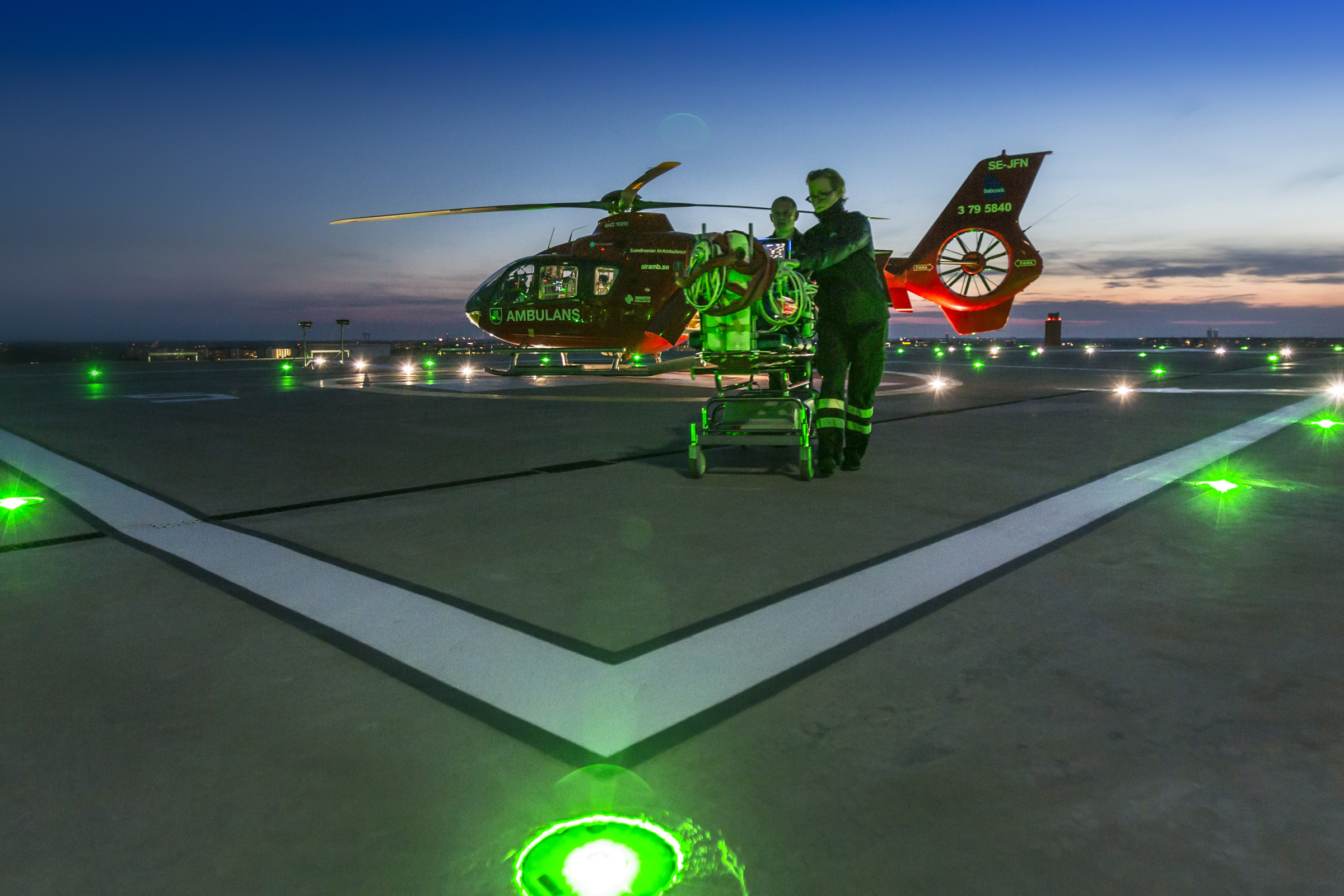Orthopedic surgery
Our aim is to support our patients during the whole journey from diagnosis through treatment and rehabilitation, ensuring that our patients are informed about the options and are involved in treatment plans.
The orthopedic teams at Karolinska University Hospital treat a wide range of musculoskeletal conditions in the spine, pelvis, and extremities, ranging from polytrauma to musculoskeletal tumors, deformities, or complex revision surgery. We take great pride in forming multidisciplinary teams around our patients, depending on the condition, including fellow surgical specialties, pain management specialists, physiotherapists, radiologists, or oncologists. Our strong focus on education and research, in collaboration with Karolinska Institutet, creates a mixture of a clinical, experimental, and innovative environment.
Other conditions treated

Center
We focus intensely on continuous learning and improvement to maintain world-class trauma care.